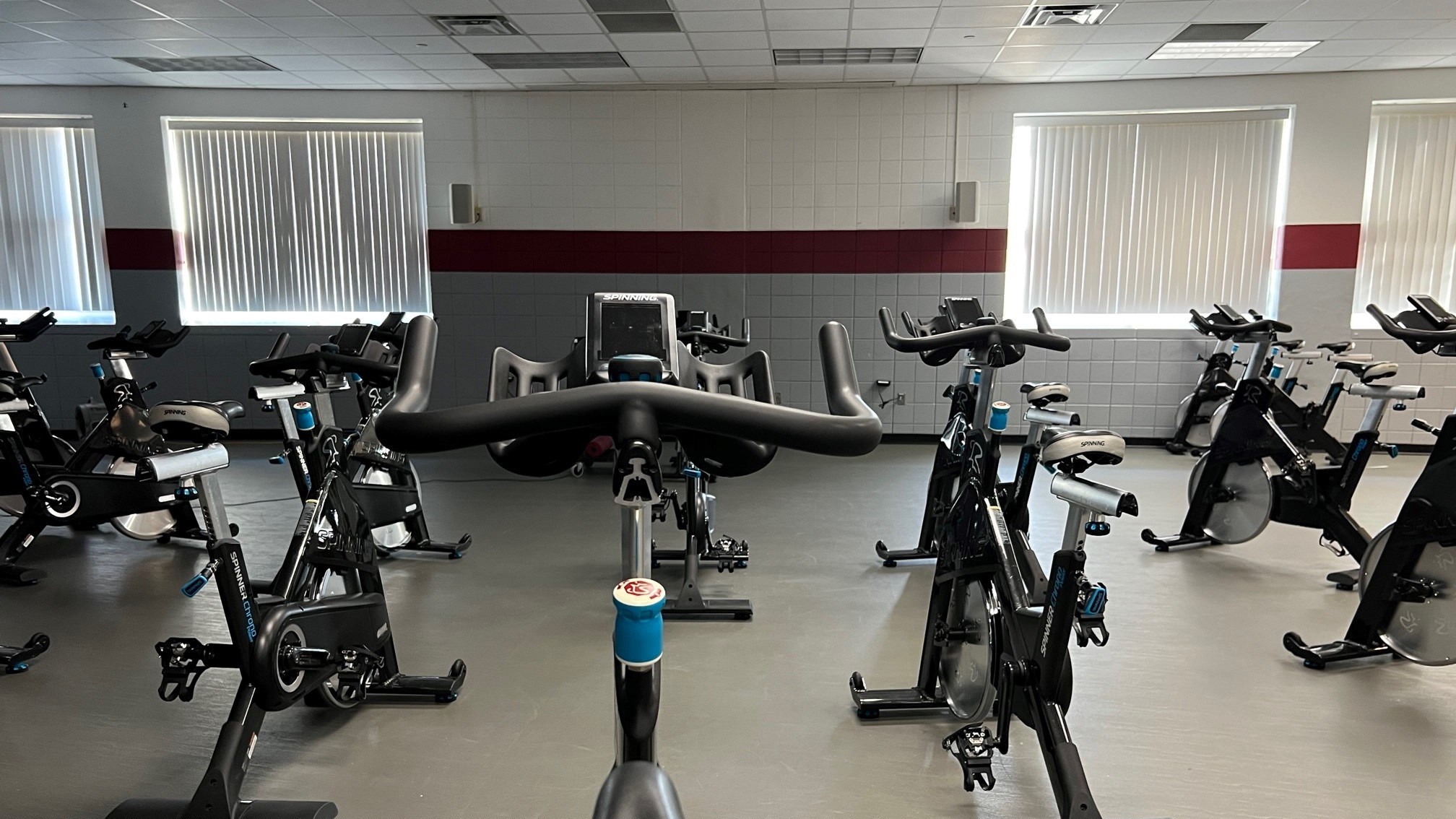Conflict Resolution Services
A page within Human Resources
The university is committed to fostering a collaborative and positive working environment for our employees. Interpersonal conflict, while undesirable, is an inevitable byproduct of working in a dynamic, complex, resource-constrained workplace. When these conflicts go unaddressed, the well-being of our employees is at stake, resulting in a reduction in engagement and productivity.
The Office of Human Resources provides an informal resolution to the conflict between university faculty, staff, and students who are experiencing employment-related conflicts. The Office of Human Resources utilizes a network of professional, certified, UWL, and non-UWL employees that are skilled in mediation and conflict resolution. Services rendered, with limited exceptions (such as safety or abuse), are entirely confidential.
Scope of Services
The Office of Human Resources will initially offer Consultations, Facilitated Dialogues, and Mediation services beginning in the fall of 2022. Dispute Resolution through a Peer Hearing Process will be developed with feedback and consultations with shared governance groups during the 2022-2023 Academic Year.
Scope of Services
Consultation
A consultation is a meeting between the faculty, staff member, or student worker experiencing a conflict and a trained and certified mediator. The mediator will listen and ask questions to learn and understand the specific situation.
The mediator can identify resources available to help the client develop ways in which the situation could be more effectively and comfortably addressed. This may include additional consultations to help with skill-building, designed to help better equip and prepare the client to interact with the other party to resolve the conflict.
These consultations are confidential. Only in limited situations would the mediator be required to report information learned in these sessions, (e.g., child abuse, sexual assault/misconduct, threats of physical violence or safety). Understanding this, employees should not consider this medium an official notice of wrongdoing to the university.
Last modified: 08/25/2022
Facilitated Dialogue
Facilitated dialogues are discussions (in-person discussions preferred) between the parties to a conflict with a neutral facilitator present. Facilitated dialogue may be recommended when an employee feels that they have not been heard or given an opportunity to address concerns with a co-worker. During a facilitated dialogue, the employee raising the issue will be asked to explain the issue from their perspective and vice versa. Parties are allowed to ask clarifying questions. The parties work together with the assistance of the facilitator to identify commitments each can make going forward to improve the problematic situation or working relationship.
The facilitator works to ensure that the conversations are not debates, arguments, or pointed accusations; but rather an exploration into the other party’s perspective(s).
Last modified: 08/25/2022
Mediation
Mediation is a structured process of intervention between parties in conflict to promote reconciliation, settlement, or compromise. A third party - the mediator - helps the parties to identify interests, goals, and opportunities for agreement to improve or end the conflict. Mediation may involve one or more sessions in which some time is spent together in discussion, and some is spent in individual caucus with the mediator. Mediation is more structured than facilitated dialogue and often appropriate for more complex or systemic disputes.
Last modified: 08/25/2022
The Referral Process
Conflict Resolution Services are available to any UWL employee, and referrals can be transacted in a variety of ways
Referral Sources
Voluntary Referrals by the Employee
It is preferred, that employees who identify they have a workplace conflict or disagreement, establish a consultation with their Human Resource Partner as soon as they are able. The earlier that conflict can be addressed, the better off all parties will be. Conflict or disagreements that are allowed to fester manifest themselves later in more explosive episodes and at that point may be too late to engage in these conflict management programs.
Last modified: 08/25/2022
Chair/Supervisor or Administrative Referral
The UWL Management Team who identifies or becomes aware of conflict or disagreements amongst employees may refer those parties to a Conflict Resolution Service in lieu of progressive or formal corrective or disciplinary action.
Last modified: 08/25/2022
Continuing Education/Training
Continuing Education and courses are provided by Acentra Health, the university’s Employee Assistance Program, or UWL employees who are certified trainers (as in the case of offering Crucial Conversations). These, (and other) training programs will be offered throughout the Academic Year.
Training Opportunities
Crucial Conversations & Crucial Accountability
Backed by 30 years of social science, Crucial Conversations skills represent the standard in effective communication and the marker of high-performance individuals and organizations. UWL offers these training programs along with Crucial Accountability and Mastering Dialogue.
Last modified: 08/25/2022
Conflict Management for Employees
This class will allow participants to understand and dissect their role in the conflict. That is the first step to managing conflict. This is a journey to assess and learn what you can do differently to “play in the sandbox” productively with the greatest amount of people. Participants will take ownership with self-assessment and self-awareness.
Last modified: 08/25/2022
Dealing with the Elephant in the Room
“Dealing with the Elephant in the Room” is a communications development seminar in which participants learn the skills to talk to anyone about anything. Participants begin by identifying the uncomfortable issues and realties they face at work and at home. Then they learn how to confront such issues with tact, empathy and clarity. This
seminar helps increase productivity and improve relationships by addressing problems, conflicts or misunderstandings proactively.
Last modified: 08/25/2022
Nonverbal Communication
In this class, we will discuss communicating without words, the importance of body language and what body parts send what sort of messages. Discussion will focus on awareness and practice.
Last modified: 08/25/2022



